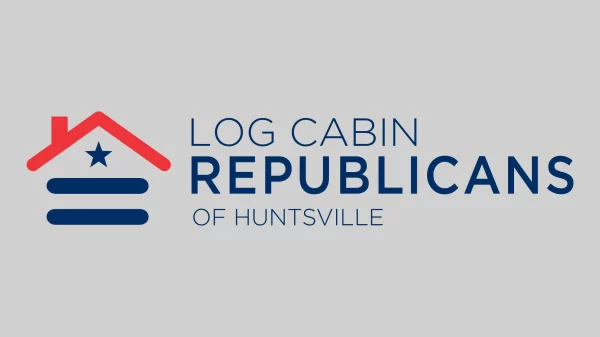|
Getting your Trinity Audio player ready...
|
The Legal Defense Fund and the ACLU of Alabama have filed a preliminary injunction for the Alabama educators, students and the Alabama State Conference of the NAACP, who filed a federal lawsuit against members of the University of Alabama Board of Trustees earlier this month.
“Justice demands urgency,” said Alison Mollman, ACLU of Alabama Legal Director. “Students and professors in our state have dealt with this unconstitutional law for several months and deserve to learn in a classroom that is free of censorship and racial discrimination.”
The plaintiffs argue that SB129 infringes upon their First Amendment rights by imposing viewpoint-based restrictions on educators’ speech, the educational content students can access and the allocation of state funding and campus spaces to student organizations.
“SB129 is a broad and sweeping legislation that prophylactically bans public college and university professors from expressing certain viewpoints about eight divisive concepts. The law’s chill on protected speech is expansive, causing serious harm to thousands of instructors across Alabama,” it reads.
Plaintiffs point out that one of the concepts defined under the law is the idea that meritocracy or traits like a strong work ethic can be seen as racist or sexist. For example, a professor who presents research showing that implicit bias is real, or argues that we don’t live in a color-blind meritocracy, could be at risk of violating SB129 because their views might be seen as promoting a “divisive concept.”
However, SB129 doesn’t place any limits on professors teaching the opposite view—that implicit bias doesn’t exist or that professional success is unaffected by race. The same applies to the other “divisive concepts” covered under the law. Essentially, SB129 only restricts the viewpoint the legislature disagrees with.
Plaintiffs also argue a violation of Fourteenth Amendment due process rights, since the law’s vague language of what constitutes a violation of SB129 broadens the breadth of the censorship necessary to minimize the possibility of discipline.
The two main reasons why a law can be considered too vague are if it doesn’t clearly explain what behavior is prohibited, making it hard for ordinary people to understand, or if it allows for unpredictable or unfair enforcement. The preliminary injunction states that SB129 suffers from both issues.
The wording of the law makes it difficult to know what qualifies as a “divisive concept” or a “diversity, equity, and inclusion program,” and what might be allowed under the exceptions. The law gives no clear direction on how it should be enforced, which has already led to confusion and inconsistent application by university administrators.
“Due to the vagueness of SB129’s provisions, there are no clear parameters to know what conduct constitutes a violation subject to discipline; how instructors must modify their curriculum and teaching style to be in compliance with the law; what students must do for their student organizations to qualify for university funding or have access to university designated spaces; or what it means to ‘compel’ assent to divisive concepts,” it reads.
“SB129 is flatly at odds with the true interests of Alabamians and the rights to free speech and due process enshrined in our Constitution. We urge the Court to immediately halt the enforcement of this discriminatory law and prevent any further harms to students of color and LGBTQIA students attending public colleges and universities through the state,” said Antonio Ingram, LDF Senior Counsel.























































